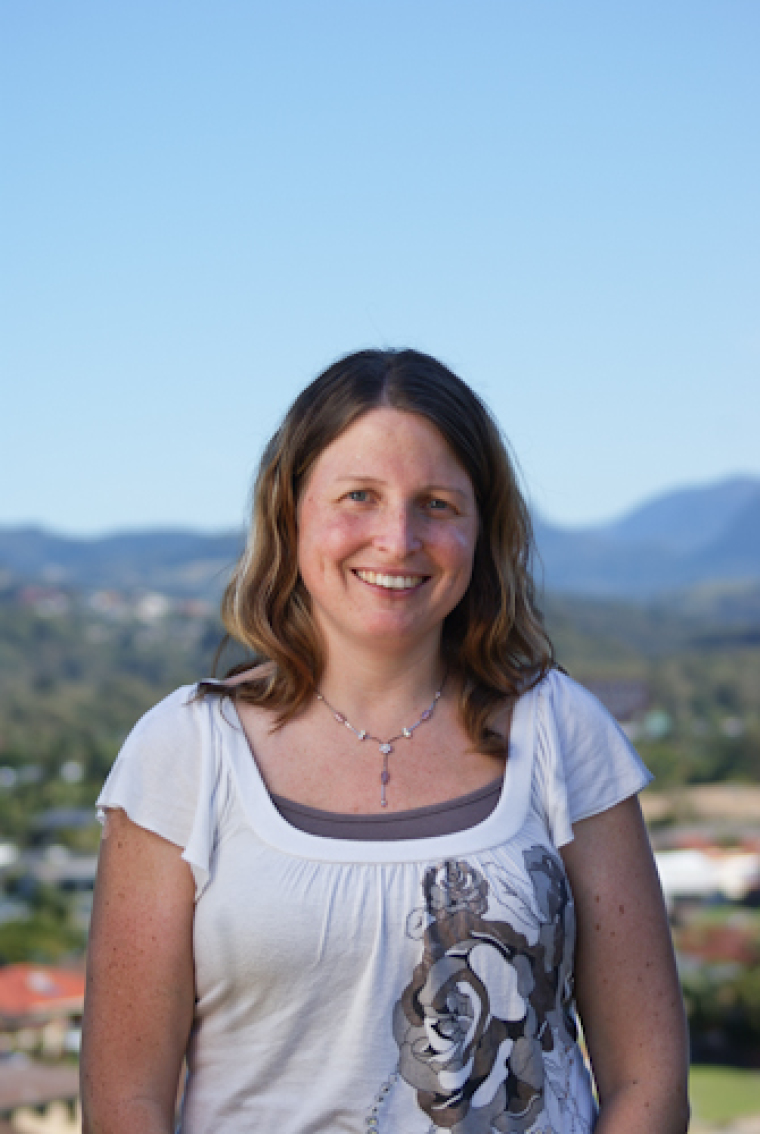
For many Facebook users it is a part of life's daily routine. Have breakfast, brush teeth, check Facebook, head to work, check Facebook.. It is as if all of your 100 or 500 or more friends cannot survive without seeing what you are eating for breakfast, where you are going or how you are feeling that day. Where is the normalcy in that?
When my mother was my age, how many of her friends needed or even wanted hourly or daily updates of intimate or intricate life details? My guess is none.
While I have had moments of heavy Facebook use and times of little use, I have to say that every time I logged in I could guarantee to be angered, cheered, upset, encouraged, humoured, disgusted, annoyed just by scrolling through my newsfeed.
That array of emotions cannot be healthy and I began to question the real reason why I remained a user of Facebook. What sort of a culture is this creating? How many mental illnesses is Facebook creating or sustaining given the emotional rollercoaster you can go on just by logging in? How disengaged and anti-social have people become while at work or in social settings responding to notifications on their mobiles? And what about people who do not receive 'likes' or comments on their photos or statuses…..is this again causing feelings of lack of worth or value?
Bullying and offense are becoming more common as people use Facebook intentionally or unintentionally to pull others down. It is such an easy way to type quick comment, press enter….and wham….the effects of that simple comment, seen by many, could be long lasting.
The decision to deactivate was a very good one. I no longer have to see other people's attempts to make themselves look good, look bad, to justify themselves, or to tell me what they are doing at the toilet. I no longer have this time waster at the tip of my fingers. In my particular circles I believe that the use of Facebook is declining. People are becoming frustrated with what it has become and concerned about what it may become in the future.
So what does life without Facebook look like? It looks like emails and personal text messages, hand written letter and phone calls. It restores time in the day to actually speak to people face to face, to open a book or to use the internet for more helpful things without the distraction of being messaged or notified. On the other hand many continue to love Facebook and use it effectively to enrich their daily lives….good on them!!
At the end of the day God desires that we use time wisely and make each day count towards the purpose of why He has placed us on this earth. "Teach us to number our days aright, that we may gain a heart of wisdom" (Psalm 90:12). Essentially, in this Psalm, Moses says that, unless we come to understand life's brevity and place proper value on the time we have (no matter how long or short it is) we will never gain a wise heart.
More than 300 years ago, François Fénelon, a 17th century cleric, understood how valuable time is. He wrote:
"Time is precious, but we do not know yet how precious it really is. We will only know when we are no longer able to take advantage of it…. Liberal and generous in every way, God in the wise economy of his providence teaches us how we should be prudent about the proper use of time. He never gives us two moments at the same time. He never gives us a second moment without taking away the first. And he never grants us that second moment without holding the third one in his hand, leaving us completely uncertain as to whether we will have it." (http://bible.org).
Laura Veloso is wife to John and the mother of 3 young boys. She is trained in child welfare and primary school teaching and has experience in overseas missions and youth leadership.
Laura Veloso's archive of articles may be viewed at www.pressserviceinternational.org/laura-veloso.html